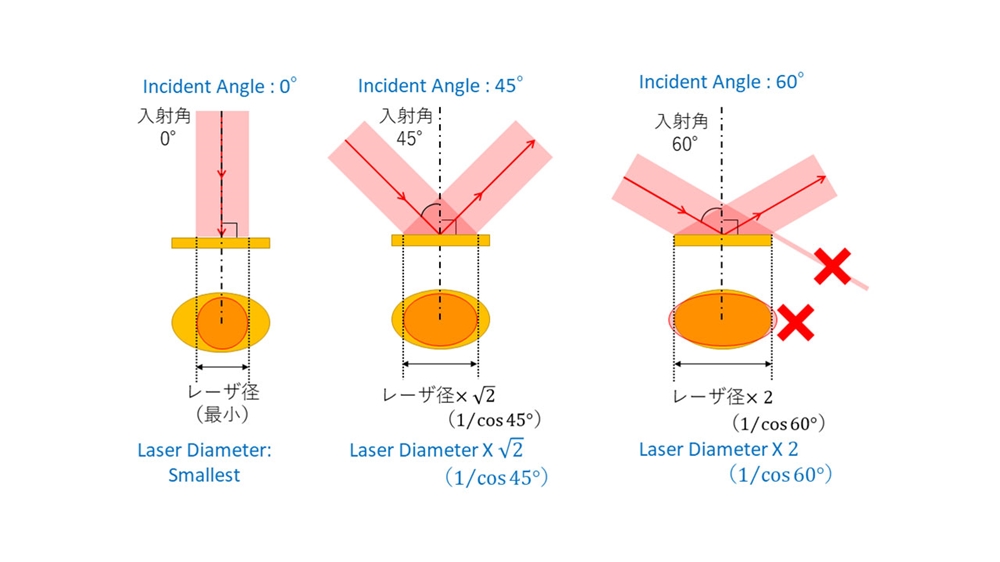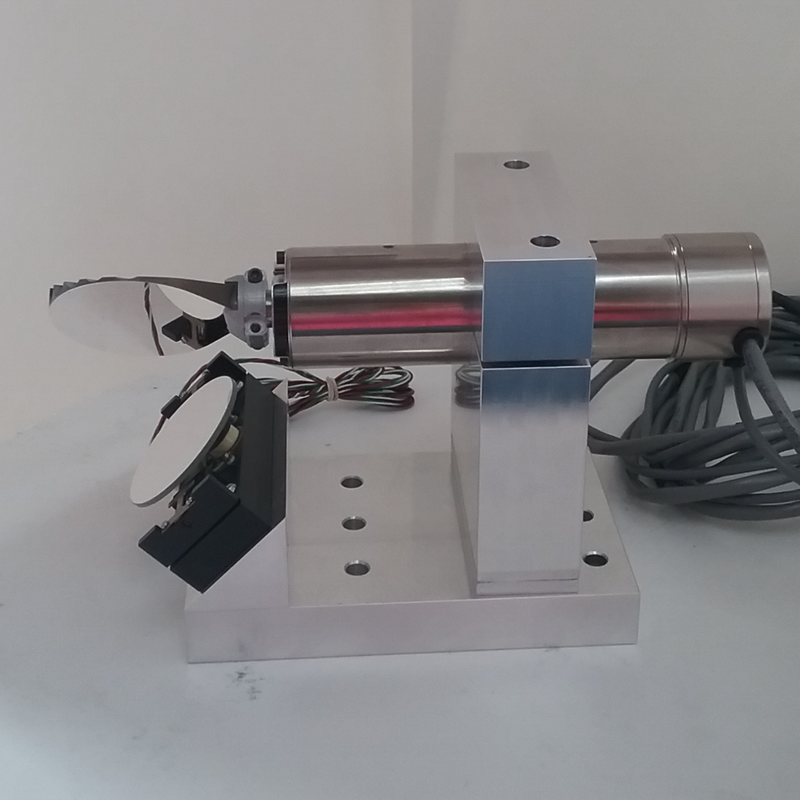Contrasting Different Versions of Galvanometer Scanners for Ideal Efficiency in Labs
Contrasting Different Versions of Galvanometer Scanners for Ideal Efficiency in Labs
Blog Article
Just How a Galvanometer Scanner Boosts Performance in Laser Scanning Technologies
The combination of galvanometer scanners in laser scanning technologies stands for an essential improvement in precision engineering. By assisting in quick and exact changes of laser light beam instructions, these devices dramatically boost operational efficiency across numerous applications, from medical imaging to commercial engraving. The underlying electro-magnetic systems, coupled with innovative feedback systems, ensure real-time control and improved accuracy. As sectors significantly demand higher performance criteria, the concern arises: what future technologies might better boost the capacities of galvanometer scanners in this evolving landscape?
Understanding Galvanometer Scanners
A galvanometer scanner is an advanced gadget that leverages electro-magnetic principles to attain accurate angular activity of mirrors or various other reflective surface areas. These scanners operate via the communication of an electrical existing and a magnetic field, enabling fast and exact positioning. This technology is essential in applications calling for high-speed scanning, such as laser engraving, optical interaction, and clinical imaging.

Galvanometer scanners are usually identified by their quick response times and high angular resolution, making them suitable for applications that demand fast motions and precise positioning. Their reliability and performance make them an essential component in modern-day laser scanning innovations, adding dramatically to improvements in various areas, consisting of production, medical care, and telecoms.
Device of Laser Beam Of Light Control

The control system depends on closed-loop feedback systems that continually keep track of the beam of light's position. The signals from optical sensing units offer real-time data to the control system, enabling for rapid changes to preserve precision. This is critical in applications where also small deviations can endanger the top quality of the scan or inscribing.
In addition, the galvanometer's action time is vital; high-speed motors allow swift activities, ensuring that the laser beam of light can rapidly trace complicated patterns or execute detailed procedures. The integration of digital signal handling additionally boosts the responsiveness and accuracy of the galvanometer scanner. Overall, the mechanism of laser beam of light control with galvanometer scanners exemplifies the blend of sophisticated design and innovation, producing high-performance outcomes in laser scanning applications.
Benefits of Enhanced Precision
Boosted accuracy in laser scanning innovations provides considerable advantages throughout numerous applications, from industrial manufacturing to clinical treatments. The assimilation of galvanometer scanners permits very precise beam positioning, which is crucial for jobs needing precise detail. This improved accuracy makes sure that the laser can target specific areas with minimal discrepancy, resulting in premium quality end results.
In industrial contexts, exact laser scanning leads to boosted item uniformity and reduced material waste. In medical applications, the precision of laser procedures can substantially influence person end results.
In addition, improved accuracy assists in advanced applications such as 3D imaging and microfabrication, where even minute errors can lead to considerable errors. By supplying repeatable and dependable laser positioning, galvanometer scanners add to the total efficiency and efficiency of laser systems. In summary, the benefits of enhanced precision not only improve operational efficiency but also elevate the standards of quality and security in different fields.
Applications in Various Industries
The flexibility of galvanometer scanners in laser scanning technologies expands throughout numerous industries, each gaining from the precision they give. In the medical field, these scanners are crucial in applications such as laser surgical procedure and imaging, enabling very precise targeting of cells while minimizing damage to surrounding areas - galvanometer scanner. Their fast response and fine resolution are essential in creating top notch results
In the production field, galvanometer scanners enhance processes like laser inscription and cutting. Their ability to rapidly route laser beam of lights onto surfaces allows effective manufacturing lines, boosting rate and precision in producing complex layouts or components.
The vehicle industry likewise capitalizes on galvanometer innovation for quality control and assessments (galvanometer scanner). By utilizing high-speed scanning, manufacturers can detect problems check in assemblies or materials, guaranteeing that products meet rigorous standards
Additionally, in the entertainment industry, galvanometer scanners are utilized in laser light shows and display screens, using vibrant visual experiences with specific control over laser movements.
Future Trends in Laser Scanning
Emerging modern technologies are poised to transform the landscape of laser scanning, with galvanometer scanners at the center of this improvement. As sectors significantly require accuracy and effectiveness, the advancement of galvanometer technology will certainly drive considerable improvements in laser scanning applications.
Future patterns suggest a growing combination of artificial intelligence and device discovering formulas, which will certainly improve data refining capabilities and automate decision-making in real-time. This synergy will certainly enable more sophisticated analysis of scanned information, causing boosted precision in applications such as 3D modeling and self-governing navigating.
Additionally, the miniaturization of elements and the advancement of sophisticated materials will certainly add to lighter, more mobile laser scanning systems. This mobility will certainly expand the reach of laser scanning technologies into formerly hard to reach environments, such as remote surface and detailed building spaces.
The surge of augmented fact (AR) and online truth (VIRTUAL REALITY) applications will certainly also form the future of laser scanning. By combining galvanometer scanners with AR and VR, customers will certainly profit from immersive experiences that improve visualization and job preparation.
Conclusion
In conclusion, galvanometer scanners play a critical function in optimizing laser scanning modern technologies through their accurate control of beam of light direction and rapid angular adjustments. The combination of sophisticated responses systems and optical sensing units dramatically enhances functional rate and precision, leading to boosted end results in applications such as laser engraving and clinical imaging. As markets significantly adopt these technologies, the ongoing advancements in next page galvanometer scanner styles are anticipated to more raise performance criteria and widen application opportunities.
The combination of galvanometer scanners in laser scanning technologies stands for an essential advancement in precision design. In general, the system of laser beam control via galvanometer scanners exemplifies the combination of innovative engineering and innovation, producing high-performance results in laser scanning applications.
By giving trustworthy and repeatable laser positioning, galvanometer scanners contribute to the overall effectiveness and performance of laser systems.The versatility of galvanometer scanners in laser visit the site scanning modern technologies extends throughout several industries, each profiting from the precision they give.In conclusion, galvanometer scanners play a critical duty in maximizing laser scanning innovations with their specific control of beam of light direction and quick angular changes.
Report this page